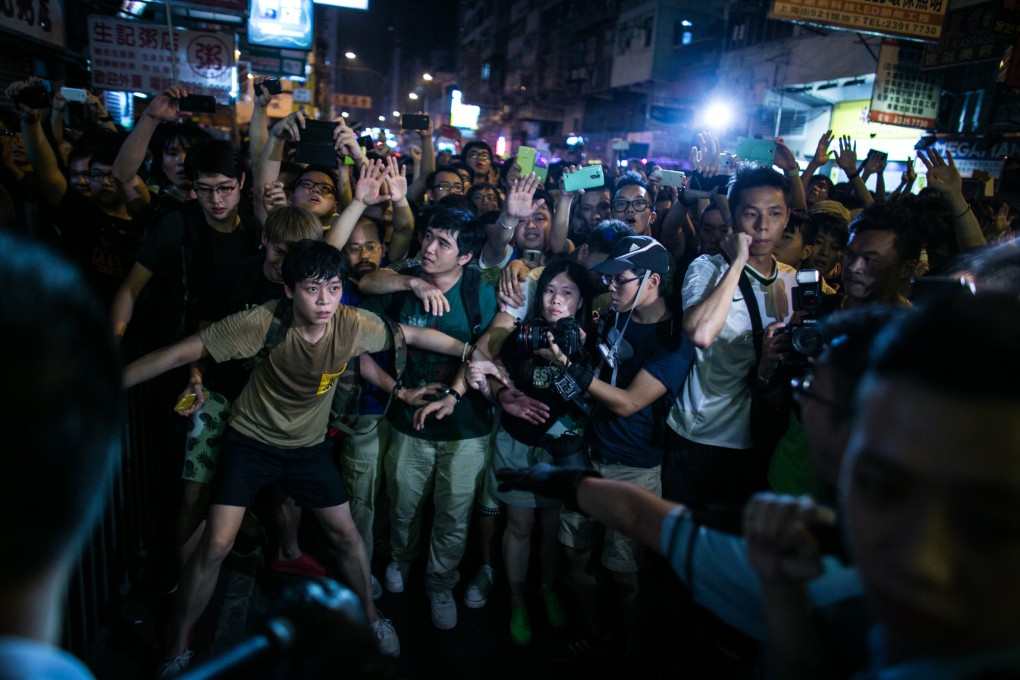Occupy protest has made its mark by lifting Hong Kong out of its apathy
Mathias Cheung says the movement has given hope for change, whether or not its demands are met

Many a Hongkonger wonders whether there is any point to the Occupy protests. Who are we to demand these changes? Just how is it going to "succeed"? These may seem like tough questions, but they have really been answered by the peaceful sit-ins over the past weeks.
Occupy has two dimensions - as a machinery for democracy, but more generally and no less importantly, as a beacon of hope. In that latter capacity, Occupy has already succeeded, and has transcended the specific calls for democracy.
This hope is grounded in sacrifice and renewed civic morality. No doubt the sceptics will latch on to the remote prospect of a change in Beijing policy. What they can never deny is the hope and respect that Occupy has inspired locally and especially abroad. If there is any effect on Hong Kong's international reputation, it is most certainly positive - we are appreciated worldwide for staging a most peaceful and civil protest.
Hong Kong has been plagued by complacency and stoicism since the handover. Many Hongkongers emigrated around 1997 instead of staying and making a change. Because of this, many who remained became indifferent to political reform, and calls for democratic change are often seen as disruptive, meddlesome, counterproductive and naive.
In truth, it is not oppression or persecution, but this spirit of "hopelessness" that has cemented the status quo of inequality and injustice. We were victims of the tyranny of complacency long before we started suffering from the tyranny of the state.
We have lived in a kind of moral inertia, not realising that each citizen has a basic duty of civic morality - our indifference renders us responsible for the plight of the underprivileged and the manifest inequality in our political system.